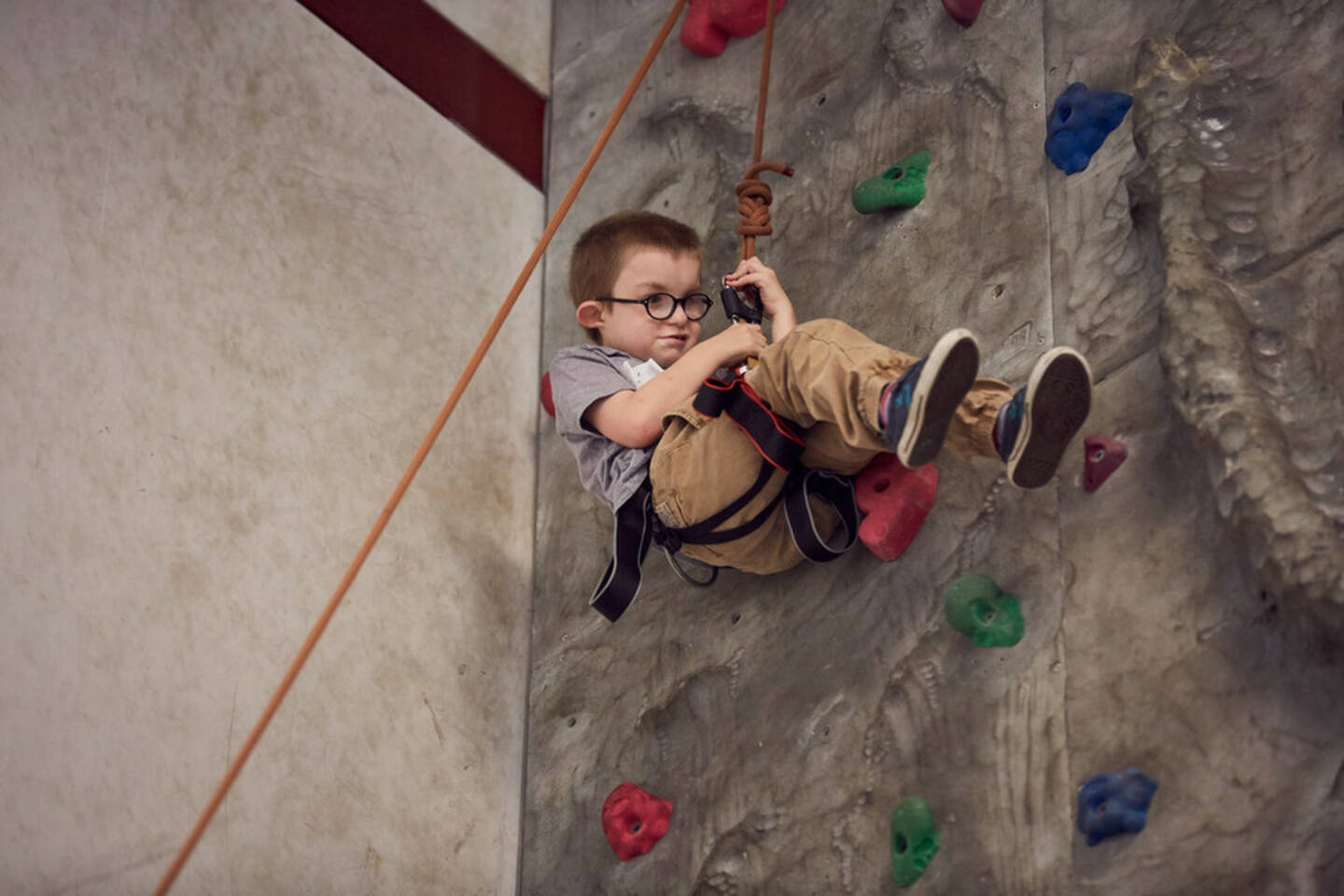New Sense Active report highlights the difficulty in measuring impact
The report, published by the disability charity, Sense highlights the key recommendations for sports providers and social care staff to consider when evaluating the impact of sport and physical activity for children and young people.

Released in partnership with ukactive Research Institute and Sport England, the new report: ‘Feasibility of data collection with children with complex disabilities during virtual activity sessions’, trials and tests data collection methodology in a virtual activity setting.
The report recommends a mixed approach to data collection, including a standardised set of questions but a flexible response method. It highlights that even adapted data collection methods are often not accessible, relying on symbolism and a level of understanding, whilst observation of behaviour, particularly from families, proved especially valuable and provided a better understanding of individual engagement.
For future research, the report emphasised the need for a greater level of collaboration between researchers, experts and families from design. Inclusion of families’ ideas are beneficial for both the research and the development of Sense programmes.
Chloe Brown, Sport & Physical Activity Coordinator at Sense, said:
"At Sense, we are committed to fully understanding how we can provide the best opportunities possible for children and young people. We will use the research learning to help us identify if participants are enjoying our activities. It has also reiterated the importance of collaboration when designing new activities or suitable methods of evaluation."
Dr Matthew Wade, Head of Research and Development at ukactive’s Research Institute, said:
"It is important that everyone has the opportunity to be physically active. This research collected data from children who were deafblind or who had complex disabilities, and to our understanding had not been undertaken before during virtual activity sessions. We hope the learnings gained from this research will help with future development, delivery, and evaluation of services for disabled children, and that their insight and perspectives are incorporated.”
Read and adopt the recommendations
As well as providing research and recommendations for Sense Active, this research is relevant for sport and physical activity providers and social care staff aiming to better understand the impact of their activities.
The executive summary and full report are available to read by clicking here.